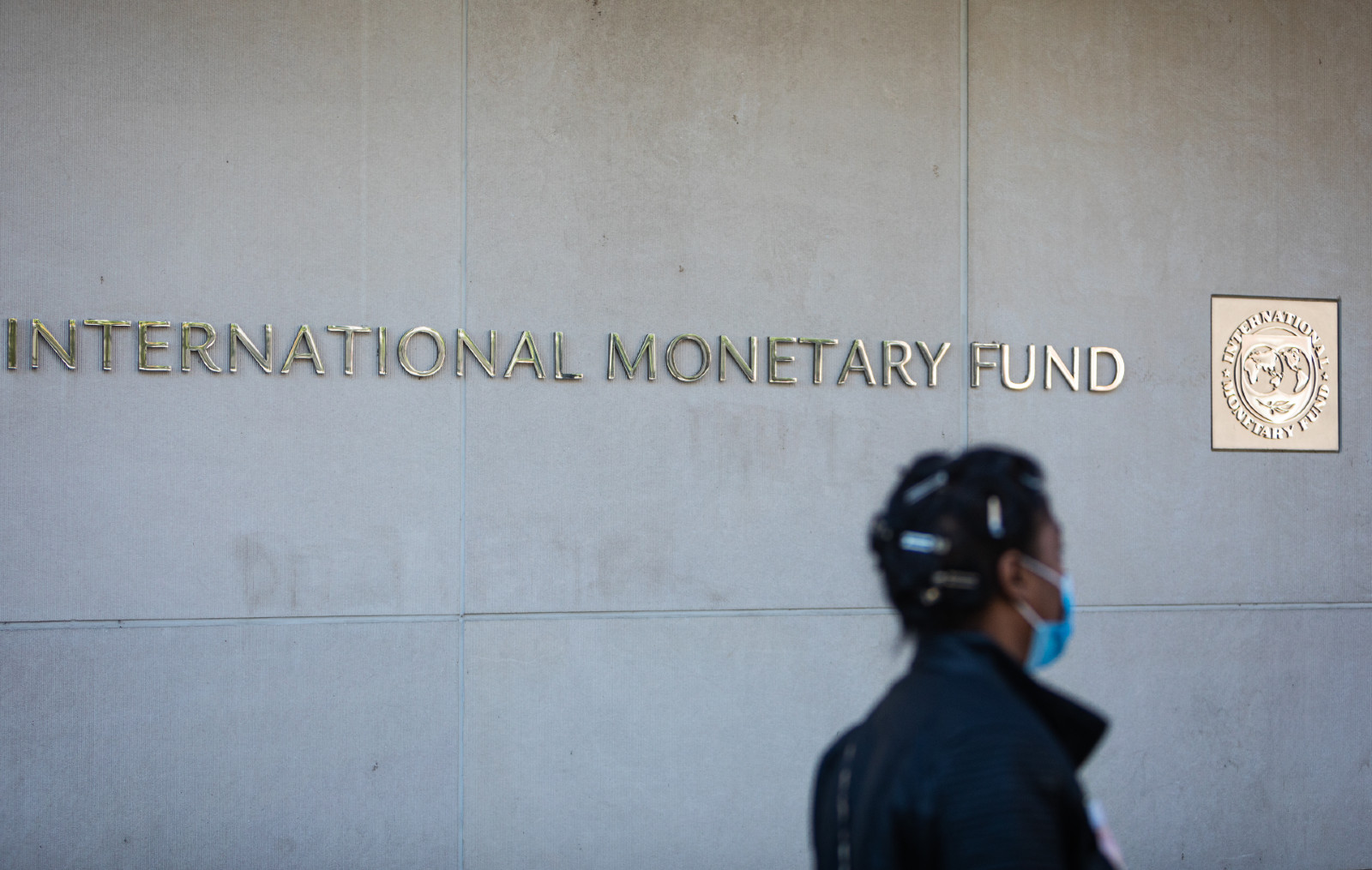Egypt bucks the trend as IMF downgrades global growth

The IMF downgraded its projection for global growth in 2022 to 4.4% in its World Economic Outlook update, down 0.5 percentage points from its last outlook report in October. The lender sees growth slowing to 3.8% in 2023, noting that, although this forecast is 0.2 percentage points higher than its previous expectation for next year, it “largely reflects a mechanical pickup after current drags dissipate in the second half of 2022.” Tap / click here to read the full report (pdf).
Bringing 2021 problems into 2022: The IMF points to the pandemic’s “continued grip,” persistent supply chain disruptions, rising inflation, and tightening monetary conditions across the world as the factors that came together to put the global economy “in a weaker position than anticipated” at the beginning of 2022.
Egypt bucks the trend: The IMF has revised upwards its growth forecast for Egypt to 5.6% in FY 2021-2022, from its 5.2% projection made in October. The Egyptian government is also expecting the economy to grow 5.6% this year.
We’re yet to see official figures, but the initial signs look good: Preliminary figures announced by Planning Minister Hala El Said last year suggest that the economy grew by 9.8% in 1Q — its quickest pace in two decades — and 6-7% in 2Q, thanks to a strong base effect.
The MENA region also got a slight upgrade: The Fund now expects the MENA economy to grow at a 4.3% clip in 2022, up from 4.1% in October.
Globally, inflation is set to be reined in by 2023: Inflation “is expected to remain elevated” this year, hovering at around 3.9% in advanced economies and 5.9% in EMs and developing economies, before cooling down next year as supply chain disruptions are resolved and tightening monetary policy reins in price increases.
But US tightening poses risk for EMs: The report points to potential pressure on emerging market currencies and more expensive debt leading to “challenging monetary and fiscal policy trade-offs” as the US Federal Reserve prepares to kick off its monetary tightening cycle. Meanwhile, vaccine rollouts continue to lag in developing countries and emerging markets, which is weighing on global growth recovery and allowing new variants of the virus to emerge, the report notes.
Downwards revisions in major economies weigh heaviest: The report sees major economies — the US, China, Canada, the UK, and the eurozone — clocking in lower growth this year and dragging down the forecast for overall global economic performance.
The downturn is likely to be front-loaded in 2022, with the first quarter of the year expected to see the bulk of the negative impact, the report suggests. This impact “is expected to fade” in 2Q2022, the report says.
This is all assuming we don’t see another covid wave: The forecasts are based on the assumption that severe illness, hospitalization and death from the virus become more or less a thing of the past by the end of the year.
Yes, 2023 growth will be higher than expected, but there’s a but: The IMF says global output will grow faster than it previously anticipated next year, but notes that the upwards revision it penciled in is not enough to compensate for its 2022 downgrade. “Cumulative global growth over 2022 and 2023 is projected to be 0.3 percentage points lower than previously forecast,” the report says.